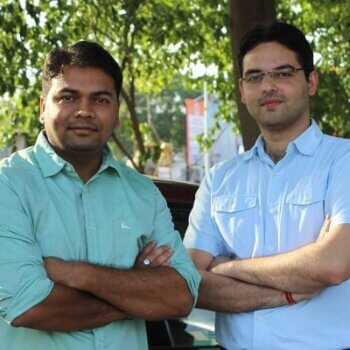Three veteran tech entrepreneurs with global experience – Martin Varsavsky, Loic Le Meur andJoi Ito – discuss with me whether it is better to start a tech company in the US, Europe or Asia.
All three have strong links to Silicon Valley, but only Loic is currently launching a company there.
Loic moved from Paris to San Francisco last year to launch Seesmic, a community for video conversation. San Francisco has been treating Loic well and from his level of enthusiasm it does not sound like he will be moving back to Europe anytime soon.
“You can succeed in Europe, but only locally,” Loic said. “You are more likely to have a global hit if you are based in San Francisco.” A European website must be translated into 22 languages in order to reach the same potential audience as an American website in English.
A further advantage of the US, Loic added, is the network effect. “In San Francisco everyone is just one block away and you can meet them for coffee.”
Martin, whose latest company is Fon, insists that Europe has one great inherent advantage due to lifestyle: “I do my work and then when I go home, I am here in Europe.”
The issue of US vs Europe is one that Martin has considered deeply and has now concluded that it comes down to an issue of lifestyle. “You really have to make a lifestyle choice to see where you set up.”
While the US might have a larger market, Martin said the exchange rate of what he calls the “peso-dollar” means that American companies are making much of their money in Europe.
Japan offers a fairly large and affluent homogenous market, but Joi Ito still tends to invest in the US and Europe.
A key difference of dynamic is that companies can more easily go public in Europe, while US companies look to be acquired. This changes the dynamic under which they are operated.
written by Thomas Crampton of Ogilvy. see more.





























